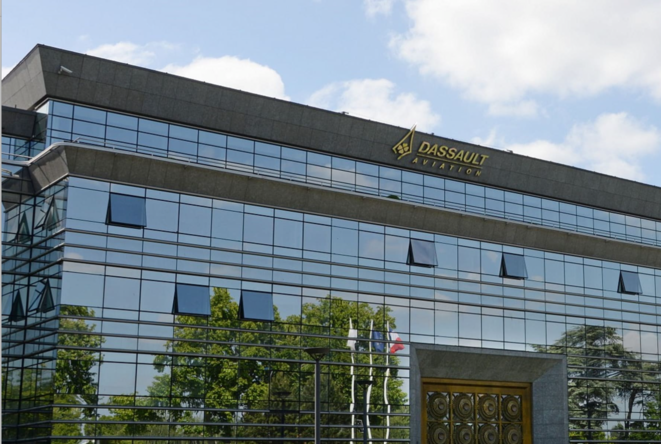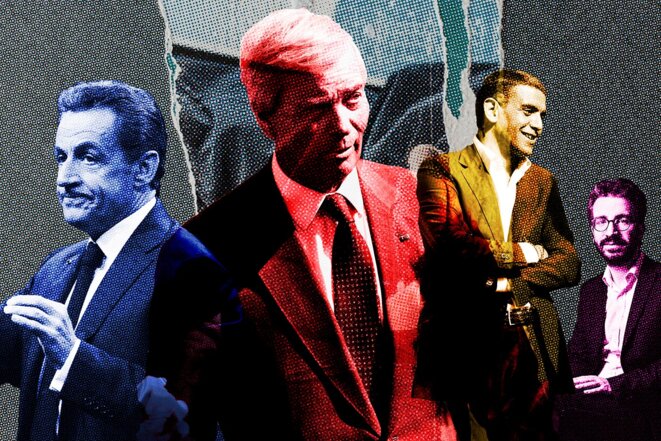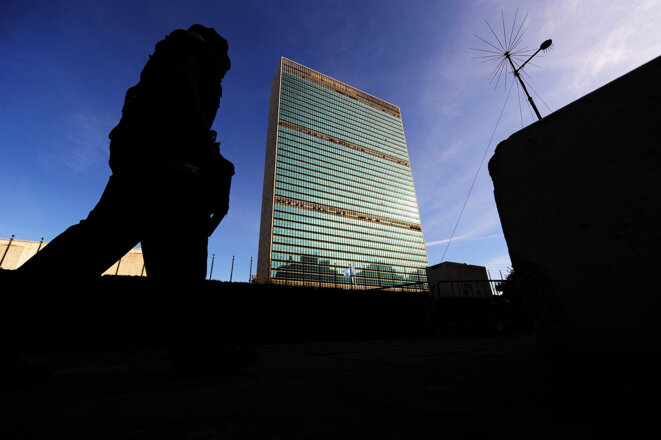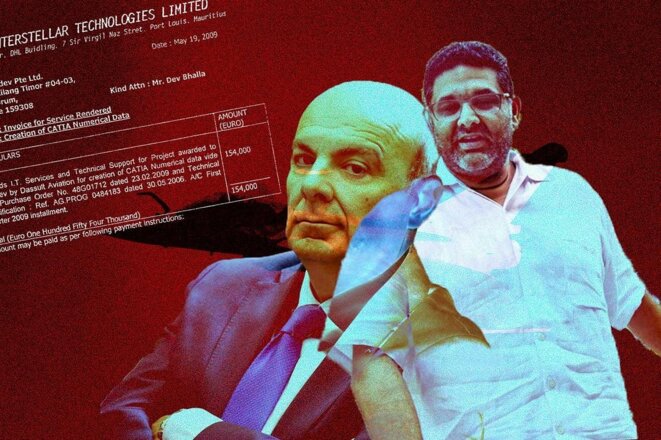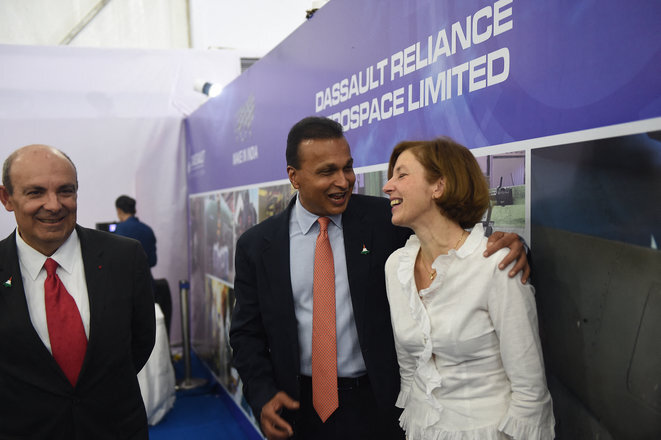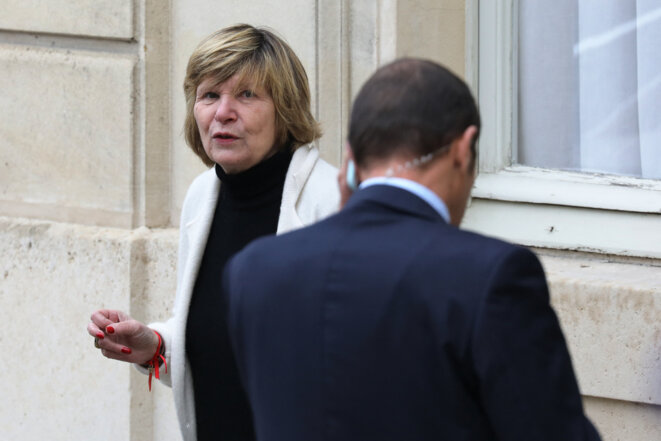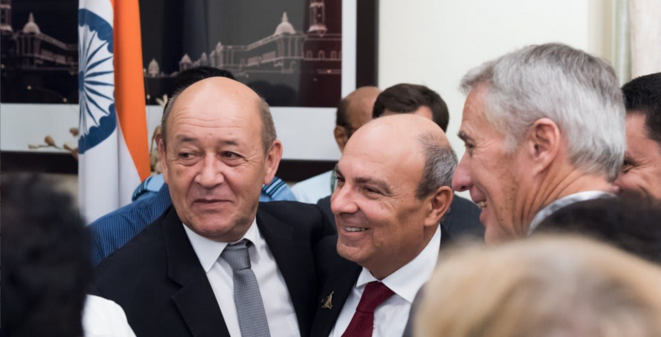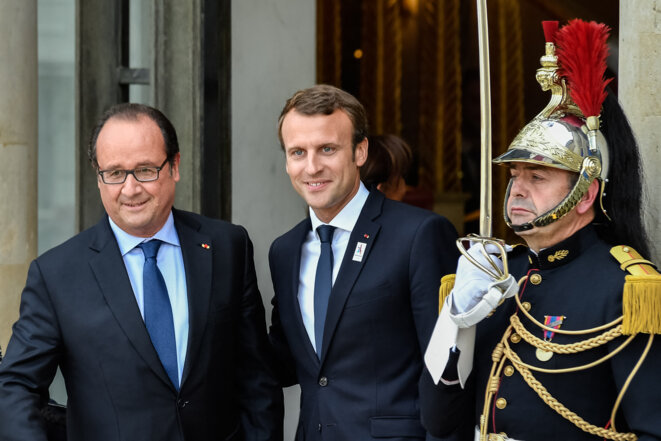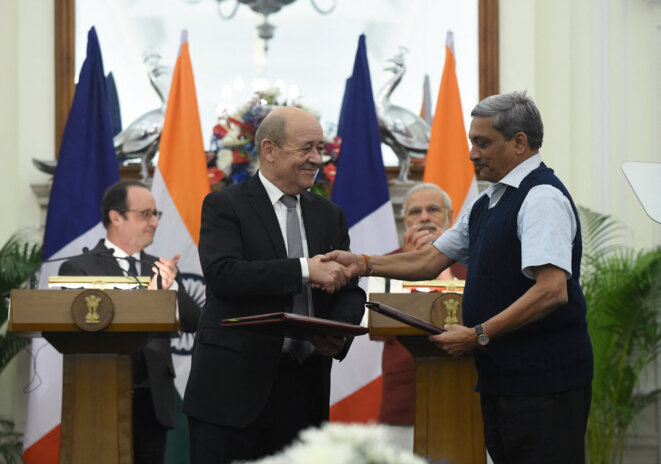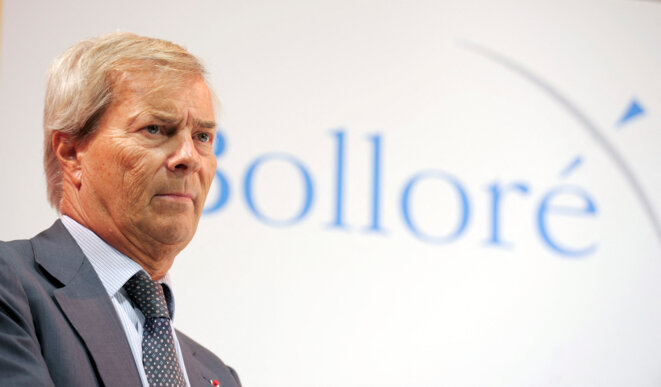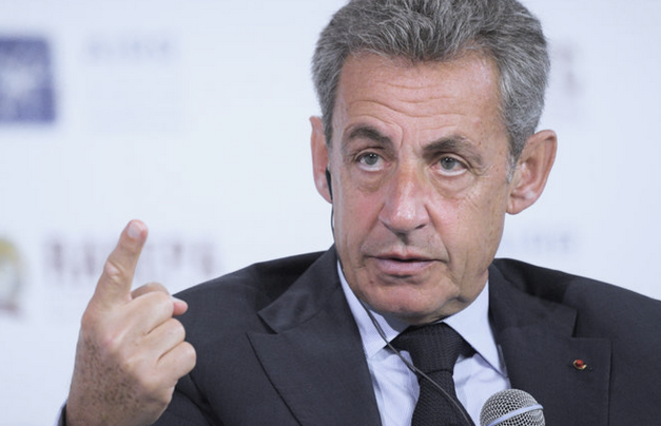Yann Philippin

Diplômé de l'IEP de Grenoble et du Centre de formation des journalistes (CFJ) de Paris, j'ai démarré ma carrière en 2000 comme journaliste économique, d'abord spécialisé dans les technologies, puis les entreprises. Avant Mediapart, j'ai travaillé pour le magazine Futur(e)s, comme indépendant, à l'agence Reuters, au Journal du Dimanche, puis à Libération, aux services économie puis investigation.
Dans ces médias, j'ai couvert de nombreux secteurs de l'économie française (aéronautique, automobile, santé, industrie, transports...) et enquêté sur des affaires économiques (Airbus, crash du vol Rio Paris d'Air France, Mediator, accident SNCF de Brétigny, fortune belge de Bernard Arnault, affaire Qatar-Veolia...) puis politico-financières (Tapie, Dassault). Je suis le co-auteur du livre Dassault Système (Robert Laffont), avec ma consoeur de France Inter Sara Ghibaudo.
J'ai rejoint Mediapart au services enquêtes en mars 2015. Spécialisé dans les affaires financières, de fraude fiscale et de corruption, je travaille notamment sur les "leaks", ces fuites de données massives qui ont nourri les enquêtes Football Leaks ou Malta Files, publiées par Mediapart avec ses partenaires du réseau European Investigative Collaborations (EIC).
Declaration of interest
In the interest of transparency towards its readers, Mediapart’s journalists fill out and make public since 2018 a declaration of interests on the model of the one filled out by members of parliament and senior civil servants with the High Authority for Transparency and Public Life (HATVP), a body created in 2014 after Mediapart’s revelations on the Cahuzac affair.
All his articles
All his blog posts
The Mediapart Club
Join the discussion
Mediapart’s journalists also use their blogs, and participate in their own name to this space of debates, by confiding behind the scenes of investigations or reports, doubts or personal reactions to the news.

Mediapart Journalist
4 Posts
0 Editions



